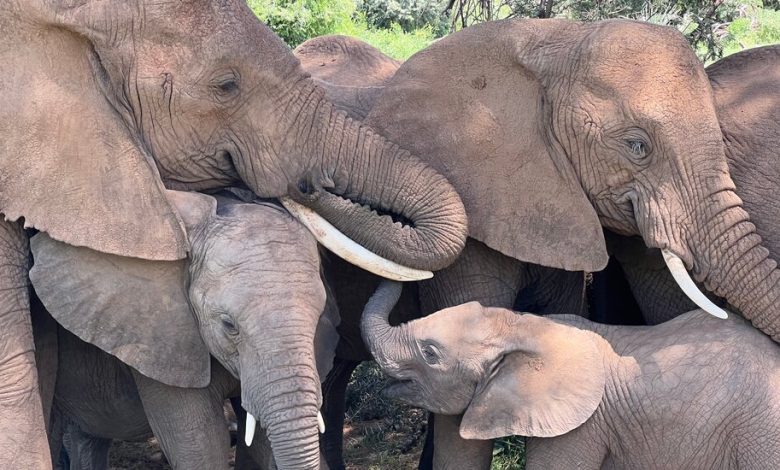Every Elephant Has Its Own Name, Study Suggests

What’s in a name? It’s more than a sound people make to get your attention — it’s a seemingly universal hallmark of human society and language, the specifics of which set us apart from our fellow animals. Now, scientists say they have found evidence with the help of artificial-intelligence-powered tools that elephants call each other by names too.
“They have this ability to individually call specific members of their family with a unique call,” said Mickey Pardo, an acoustic biologist at the Cornell Lab of Ornithology and an author of a study published Monday in the journal Nature Ecology & Evolution.
Elephants’ trumpeting calls might be their most recognizable sounds, but these “are basically an emotional outburst,” Dr. Pardo said. Lower-pitched rumbles, he said, are more meaningful, as they make up a majority of elephant vocalizations and are used in a wide variety of social situations. “A lot of interesting stuff is going on in the rumbles,” he said.
To decode these rumbles, Dr. Pardo and George Wittemyer, a professor of conservation biology at Colorado State University and chairman of the scientific board for the nonprofit Save the Elephants, analyzed 469 vocalizations made by family groups of adult elephant females and their offspring recorded at Amboseli National Park and the Samburu and Buffalo Springs National Reserves in Kenya.
Elephant rumbles can be difficult for the human ear to differentiate, so the researchers used machine learning analysis: Essentially, they relied on A.I. to break down different elephant calls.
Individual elephants seemed to respond to certain rumbles from other elephants, and the researchers fed those sounds into their A.I. tool. “If the calls have something like a name, you should be able to figure out who the call is addressed to just from the acoustic structure of that call alone,” Dr. Pardo said.
